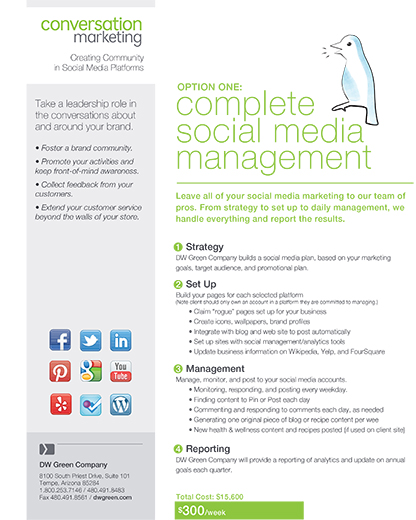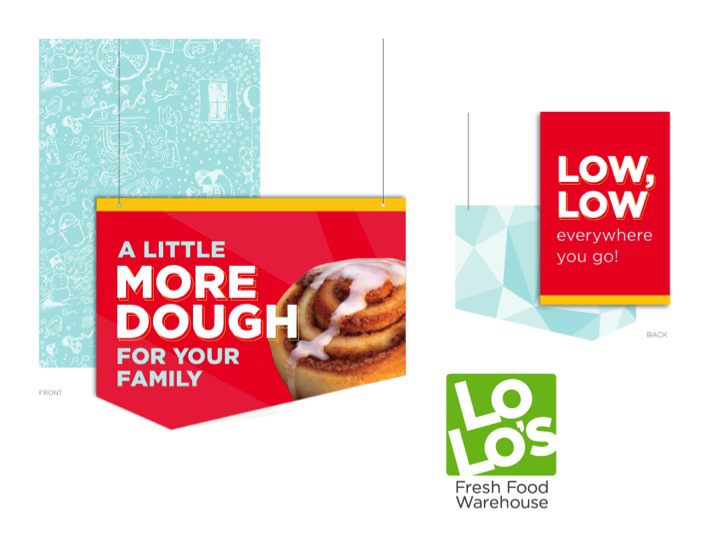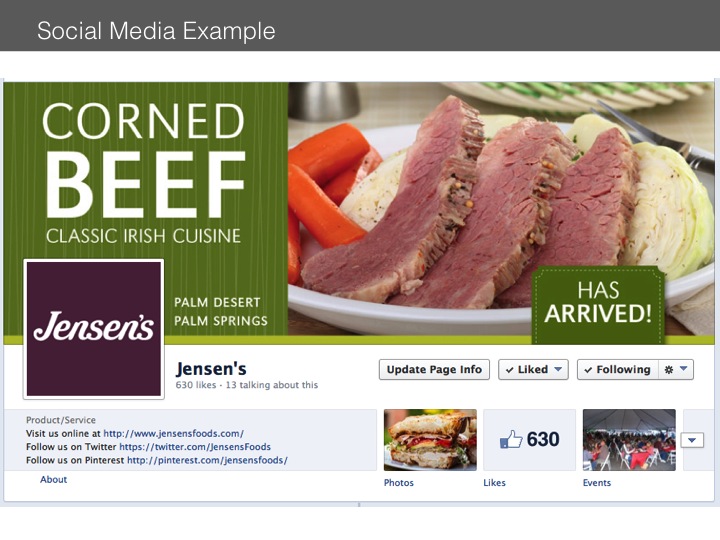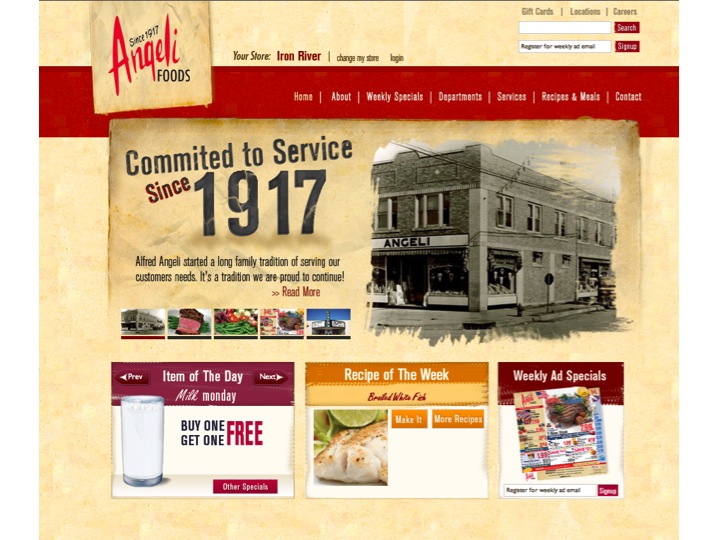DW's Blog
The Value of Values
by DW Green — December 15, 2009
 “If it’s not paradoxical, it’s not true”
“If it’s not paradoxical, it’s not true”
-Shunryu Suzuki
In today’s economy the need to effectively communicate a company’s value proposition to consumers is critical to maintain and grow revenue. However, the values I’m talking about here go much deeper than a pricing strategy. I’m referring to the social principles or standards held by individuals or groups. How is this relevant to the grocery business? You’ll need to know to compete successfully.
The importance of shared values in building lasting businesses cannot be overstated. Businesses, like children, need a solid foundation of values to build on as they grow. Great companies foster a culture founded on shared values, which, in turn, more effectively serves customers and the broader communities in which they live. Everyone benefits from the existence of a great company—customers, employees, suppliers, investors, cities and nations.
In their most basic form, values are a set of guiding principles that unite people as they work toward achieving a common goal. In their strongest form—when individual employee and organizational values are in sync—they generate tremendous energy. Rather than just complying, employees become more committed, enthusiastic and driven, and they have a reason for caring about their work. They enjoy a sense of collaboration, group spirit and pride that make the company more fully alive. Great service companies have a soul that underlies their strategies and day-to-day operations. Although strategies and tactics may change, the company’s value system, or soul, remains the same. It is this continuity of values that will sustain business success, even in the most volatile times.
Another advantage of shared values is they naturally lead to consistency of messages from all aspects of the corporation. This is essential to creating a meaningful public image and building brand equity. Shared values function like a compass to direct and focus company decision makers and staff as they communicate with customers and potential customers. When all employees subscribe to and uphold the same set of values, the company projects a unified image that is reflected throughout the store and in the community. As a result, you create a consistently positive perception of your store, which attracts shoppers and job seekers.
Public perceptions of your store are based on price, quality and experiences consumers associate with your store. That’s why promoting low prices and select products alone won’t guarantee success in the long run. Consumers want an enjoyable, memorable experience at your store. They want to make an emotional connection with employees and feel their business is appreciated. This is why it is so important for employees to convey passion about what they’re doing regardless of their job description. A positive attitude is contagious. From owner to cashier, each and every employee must understand and be committed to the company’s values so the values become a part of the corporate culture.
Operating with a clear value system also will help your store stand out in an increasingly competitive marketplace. You can leverage your distinctive corporate culture by expressing it with engaging, creative marketing tactics rather than always relying on price cuts. A values-oriented culture also provides insulation against major competitors. When that price-busting mega store comes to town, you can count on a unique identity to differentiate your store when you can no longer compete on price alone. If your company is built around strong values that are meaningful to customers, you’ll cultivate loyal, long-term relationships that will generate growth year after year whether or not you’re a low-price leader in the market.
So how do you begin building a foundation of values? First, take a long, hard look at the attitudes within your company, including your own. Building a strong image starts internally. If you have a bad image or negative perception of the products or service on the inside, you can count on the fact that the same poor image exits in your marketplace. If your own employees don’t buy into the store’s claims, why should consumers? On the other hand, there will be areas where you perform well. And you probably do them well because they are meaningful to your staff and to the public. Identifying what is truly important to your employees, customers and potential customers will help shape your values statements.
Next, work with employees to develop values statements that support your corporate vision. These core values should reflect a commitment to those things that are relevant to employees and consumers, and important in the community. First and foremost, values should focus on the growth and development of employees. For a large Virginia-based supermarket chain, this translates to closing their stores on Sundays so their employees can enjoy more personal time. A company’s values may also emphasize such issues as environmental sensitivity. One Washington-based supermarket’s core values include such a strong commitment to the environment; it influenced the type of ink they used to print their logo on grocery bags.
Finally, it is vital to recruit employees whose personal values match your corporate values. Employees works best in conditions of strong value alignment—the store’s values are their values; their values are the store’s values. In this type of environment, employees don’t face daily ethical conflicts, they don’t have to tolerate a double standard for bosses and workers, and they don’t have to abide by mediocrity when they believe in excellence. Instead, employees take pride in the store’s success and its superior reputation with customers and the community. They revel in their personal growth and development in a high-achievement store culture. They enjoy being part of something special, being on a successful team, feeling connected, and taking ownership in the company. In short, employees who share your company’s values become your greatest assets—and the best marketing department you could ask for.
Filed Under: DW's Blog





















































